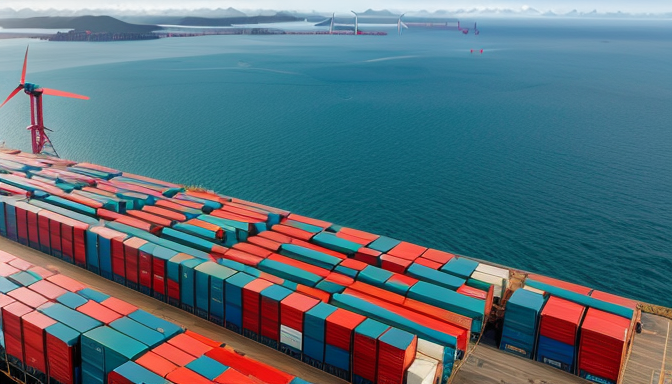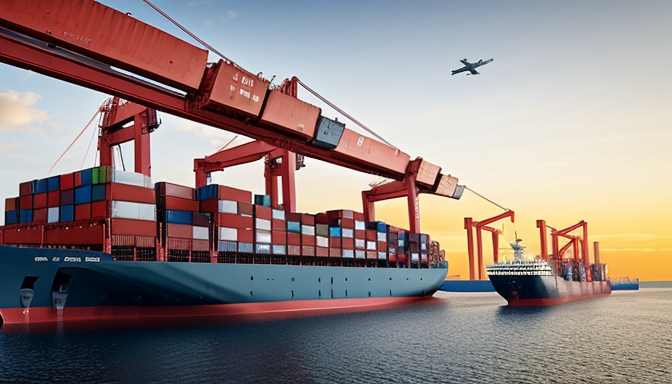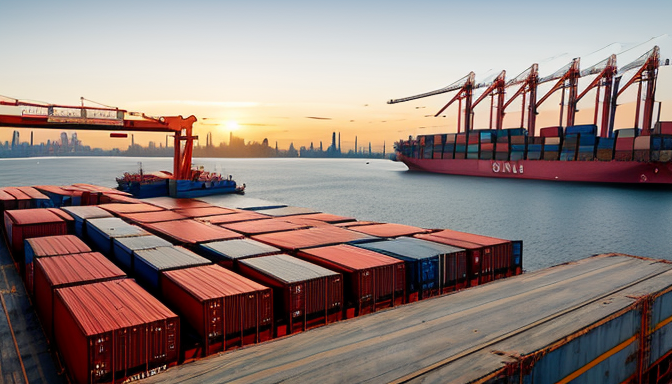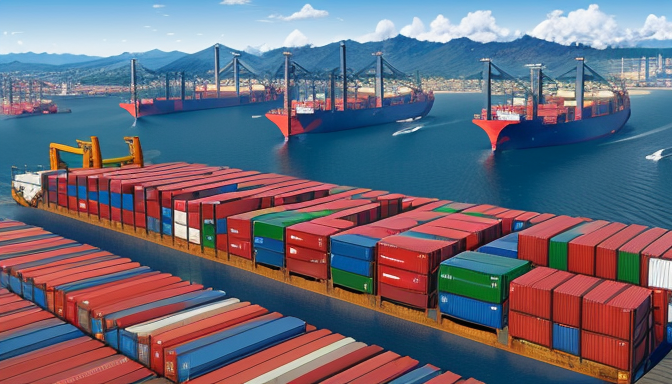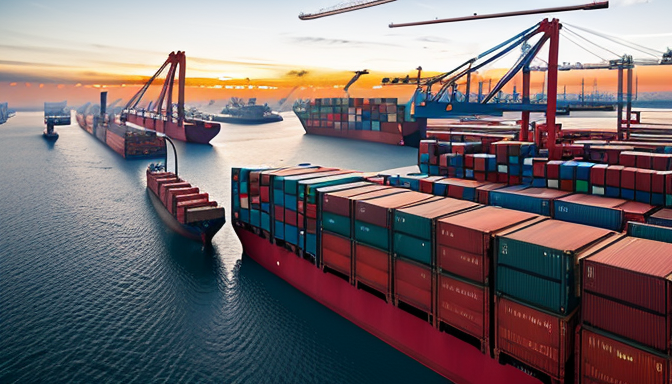Exploring the Role of Sustainability in Maritime Logistics
In today’s fast-paced world, the maritime logistics sector stands at a crucial juncture where sustainability is no longer just a buzzword but a necessity. As global shipping trends evolve, the industry is increasingly recognizing the importance of minimizing its environmental impact while maintaining economic viability. Have you ever thought about how the vast ocean highways that connect continents can also be pathways to a more sustainable future? This article dives deep into the significance of sustainability in maritime logistics, examining how innovative practices are reshaping the landscape.
One of the most pressing issues is the environmental impact of shipping. The industry is responsible for a significant portion of global emissions, contributing to climate change. For instance, did you know that maritime transport accounts for around 2.5% of global greenhouse gas emissions? This statistic highlights the urgent need for change. Waste management practices, including the handling of hazardous materials and reducing plastic waste, are critical in mitigating these environmental consequences. The industry’s role in climate change cannot be overstated, making it imperative to adopt sustainable practices that not only comply with regulations but also promote a healthier planet.
As we look towards the future, innovative practices are emerging that promise to revolutionize maritime logistics. The adoption of renewable energy sources, such as wind and solar power, is gaining traction, alongside the development of eco-friendly vessels designed to reduce fuel consumption and emissions. These advancements not only enhance sustainability but also improve operational efficiency. Imagine a world where ships glide silently across the waves, powered by the sun or the wind—this is not just a dream, but a rapidly approaching reality!
Environmental Impact of Maritime Logistics
Understanding the environmental consequences of maritime logistics is crucial as it plays a pivotal role in our global economy. Did you know that maritime shipping accounts for approximately 90% of international trade? While it’s a lifeline for global commerce, it comes at a cost. The industry is a significant contributor to greenhouse gas emissions, with estimates suggesting that shipping emits around 1 billion tons of CO2 annually. This staggering figure highlights the urgent need for sustainable practices.
Moreover, waste management in ports and shipping routes poses a serious challenge. From oil spills to plastic pollution, the maritime sector often grapples with managing the waste it generates. For instance, the International Maritime Organization (IMO) has reported that ships discharge approximately 6 million tons of plastic waste into the oceans each year. This not only harms marine life but also disrupts entire ecosystems. The need for innovative solutions is more pressing than ever.
To combat these issues, the industry is increasingly adopting advanced technologies and practices. Global shipping trends are shifting towards greener alternatives, including the use of biofuels and liquefied natural gas (LNG). These fuels produce fewer emissions compared to traditional heavy fuel oils. Additionally, container systems are evolving, with smart containers equipped with sensors that monitor environmental conditions, ensuring that goods are transported sustainably.
As we delve deeper into the future of maritime logistics, it’s clear that embracing sustainability is not just a trend but a necessity. The integration of modern port technologies, like automated loading and unloading systems, is also helping to minimize environmental footprints. By prioritizing these advancements, the maritime sector can significantly reduce its impact on our planet while continuing to facilitate global trade.
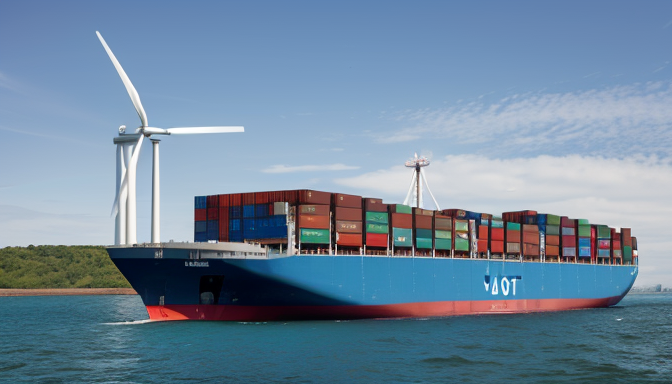
Innovative Practices for Sustainable Shipping
When we think about the future of shipping, it’s hard not to get excited about the innovative practices reshaping the industry. With global shipping trends evolving rapidly, companies are increasingly embracing sustainability as a core principle. Imagine a world where ships glide through the water, powered by renewable energy, leaving behind nothing but clean waves. This isn’t just a dream—it’s becoming a reality!
One of the most fascinating developments is the integration of eco-friendly vessels into fleets. These ships are designed with cutting-edge technology that minimizes emissions and reduces fuel consumption. For instance, many are now utilizing liquefied natural gas (LNG) as a cleaner alternative to traditional fuels. This shift is not only crucial for the environment but also economically viable in the long run.
Furthermore, advancements in container systems are making a significant impact. Smart containers equipped with sensors allow for real-time tracking of cargo, which optimizes routes and reduces unnecessary trips. This means less fuel burnt and fewer emissions released into the atmosphere. As a bonus, these technologies enhance operational efficiency, saving time and money.
Let’s not forget about the role of port technology. Modern ports are now implementing automated systems that streamline loading and unloading processes, further reducing the carbon footprint. By adopting practices like these, the maritime logistics sector is not just keeping pace with global sustainability goals; it’s leading the charge!
Frequently Asked Questions
- What is sustainability in maritime logistics?
Sustainability in maritime logistics refers to practices that aim to minimize environmental impact while maintaining economic efficiency. This includes reducing emissions, managing waste responsibly, and adopting innovative technologies.
- How does maritime logistics impact the environment?
The maritime logistics sector significantly affects the environment through greenhouse gas emissions, oil spills, and marine pollution. Understanding these impacts is essential for developing strategies that promote eco-friendly practices.
- What innovative practices are being adopted for sustainable shipping?
Innovative practices include the use of renewable energy sources, such as wind and solar power, alongside the development of eco-friendly vessels. These advancements help reduce the carbon footprint of shipping and promote a greener future.
- Why is sustainability important in maritime logistics?
Sustainability is crucial in maritime logistics to ensure the long-term viability of the industry. By adopting sustainable practices, companies can enhance their reputation, comply with regulations, and contribute positively to the planet.
